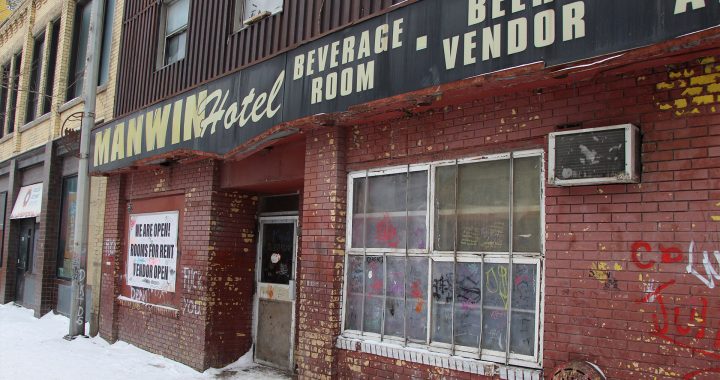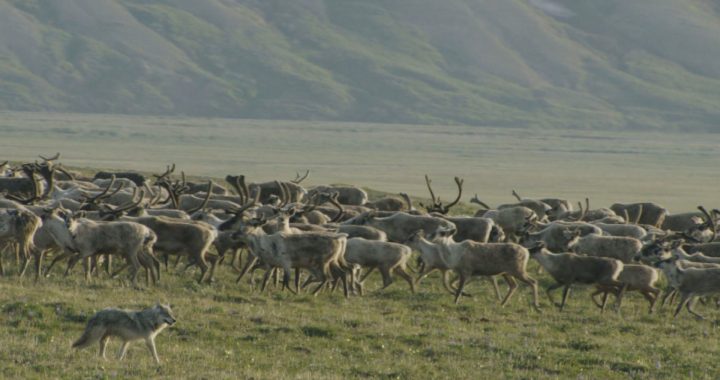John J. Paul of Eskasoni First Nation is an Indian Day School survivor who attended one of the schools for nine years.
He says he didn’t get any help with the form when it came time to file his claim for compensation.
Paul says he sent in what he could for the lower claim possible.
He says he regrets his choice.
“Sign on here, you’ll get $10,000,” he tells APTN News. “I’m saying to myself, ‘how many people signed on just to get it over with?’ But to me, I was under duress, I was under health problems.”
The claims form asks survivors of Indian Day Schools to rank the level of abuse from one to five.
Level one doesn’t require supporting documentation or a personal narrative. The level one compensation rate is $10,000.
Levels two to five require supporting documentation and a written narrative.
A survivor can receive up to $200,000.
Many survivors claimed level one.
“They were not given proper advice, there was no legal advice, there was nothing given to us, nothing at all,” says Susan Levi-Peters from Elsipogtog First Nation. Levi-Peters attended day school for nine years.
It wasn’t supposed to be this complicated back in March 2019 when the $1.27 billion Indian Day School settlement was announced to great fanfare.
About 200,000 survivors could apply for compensation.
According to the federal government’s website, a survivor can’t make more than one claim or request to change their claim to a higher level.
In the summer of 2021, survivors filed a motion in federal court to modify their claims but lost.
Now, several tribal organizations are getting involved.
Chief Bobby Cameron of the Federation of Sovereign Indigenous Nations (FSIN) in Saskatchewan says survivors are having issues across the country.
“Here we have lawyers and whoever else and Deloitte and Touche that can say, ‘oh well you don’t qualify, or your story’s not true,’ I mean what in good God’s green Earth did we go through with every child’s matter’s?” he says. “What did we just go through?”
The FSIN isn’t alone – the Wolostoqey Nation in New Brunswick is also calling on the federal government to review the process.
“There has been a tremendous outpouring of dismay from Indian Day School survivors right across the country, upset with the rigid approach to the settlement and the lack of appeal and review process,” the nation said in the statement.
Paul hopes this lobbying is successful.
“I hope we continue this, I hope we appeal, at some point, somebody has to say, ‘I don’t think this process was wrote out correctly,’” he says. “I think there were bad intentions on the part of the government.”
According to Deloitte, the consulting firm handling the cases, more than 130,000 claims have been submitted – including 99,000 for level one compensation.
The deadline to file a claim at the moment is July 13, 2022.
Editor’s note: The original story described Deloitte as a law firm. It is a consulting firm on contract to the federal government.










